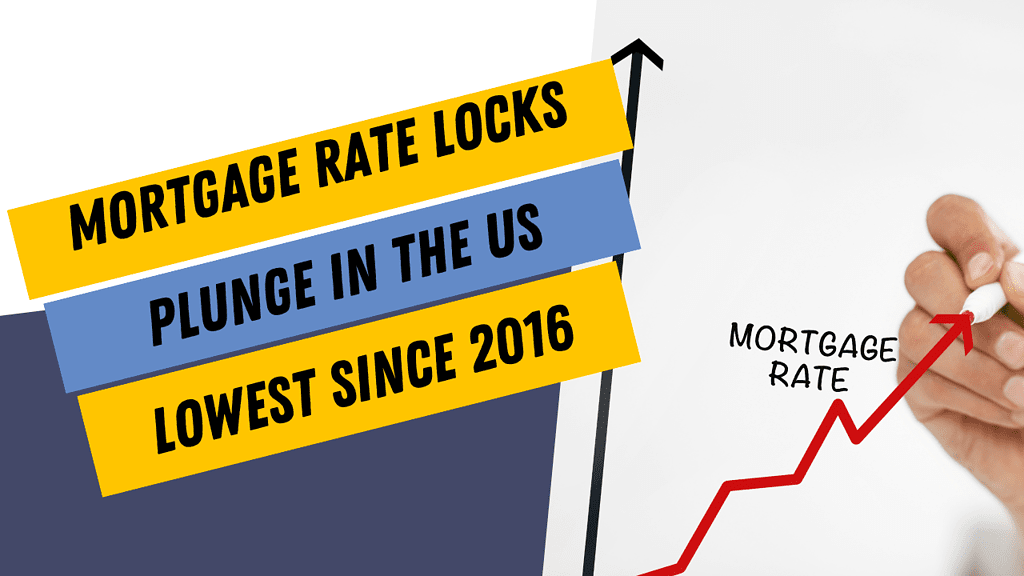A recent Redfin report reveals a 52% decline in mortgage-rate locks for second homes in the US, marking the lowest level since 2016. A mortgage lock is a tool that guarantees a specific interest rate for a certain period, protecting borrowers from rate fluctuations. This is a telling sign of the current state of the US vacation home market and indicates potential challenges and opportunities for vacation rental homeowners and investors.
Mortgage Locks: A Brief Overview
For vacation rental homeowners in the US, mortgage locks are essential as they provide certainty for investment decisions and monthly mortgage costs. In simple terms, locking in an interest rate means borrowers know exactly what their rate will be, avoiding unexpected changes that could impact their finances.
Factors Contributing to the Decline in Second-Home Demand in the US
High Rates and Loan Fees
Second homes in the US often cost more than primary homes, making them a more significant investment. Additionally, the US government increased fees for loans on second homes in April 2022, further deterring potential buyers.
Changing Work Trends
As many US employees return to the office, remote work opportunities have decreased compared to early 2022. This shift means less time available for individuals to spend in their vacation homes, reducing the appeal of owning a second property.
Slowing Rental Market
The pandemic created a boom in vacation rentals in the US, leading to an oversaturated market. Local governments have responded by creating new rules for short-term rentals, further impacting demand. Both vacation and long-term rental markets are experiencing a slowdown, making second-home investments less attractive (#Airbnbust).
Economic Factors
A combination of factors such as a lack of new houses for sale, high mortgage rates, ongoing inflation, expensive home prices, and decreasing bank account balances and falling stock markets contribute to the decline in demand for second homes in the US.
Pandemic Homebuying Boom Aftermath
Many people in the US who wanted second homes have already bought them during the homebuying boom of 2020 and 2021, resulting in reduced demand in the current market.
Current Market Conditions and Opportunities in the US
Despite these challenges, wealthy cash buyers in the US remain interested in the vacation home market. Some are looking for vacation condos in popular neighborhoods, and there is potential to buy vacation homes for less than the asking price. This presents opportunities for those with the financial means to invest in vacation properties.
Challenges for Vacation Rental Home Owners and Investors in the US
Vacation rental homeowners and investors in the US face a range of challenges, including an oversaturated rental market, new rules and taxes affecting rentals, reduced interest in short-term rentals, and economic uncertainty impacting decisions. To navigate these challenges, owners and investors must stay informed of market trends and adapt their strategies accordingly.
Conclusion
The decline in mortgage-rate locks for second homes in the US signifies a shift in the vacation home market and presents both challenges and opportunities for vacation rental homeowners and investors. Factors such as high rates and loan fees, changing work trends, a slowing rental market, economic challenges, and the aftermath of the pandemic homebuying boom have all contributed to this decline. However, there are still opportunities for affluent cash buyers and those who can adapt their strategies to the changing market conditions. It is crucial for vacation rental home owners and investors in the US to stay informed of market trends and make well-informed decisions to navigate these challenges and capitalize on potential opportunities.








